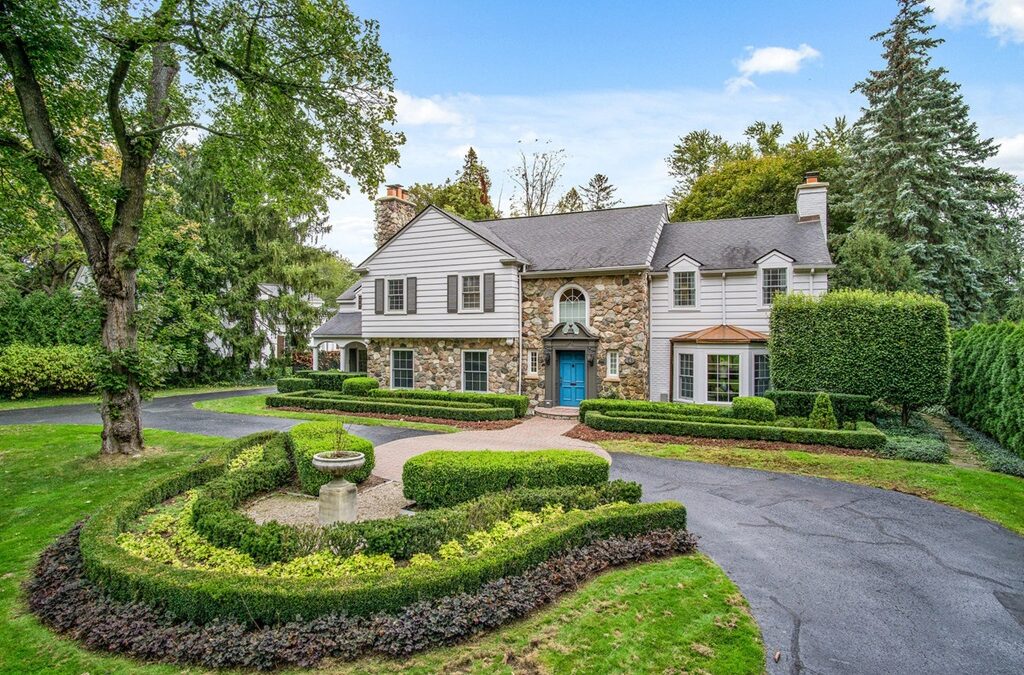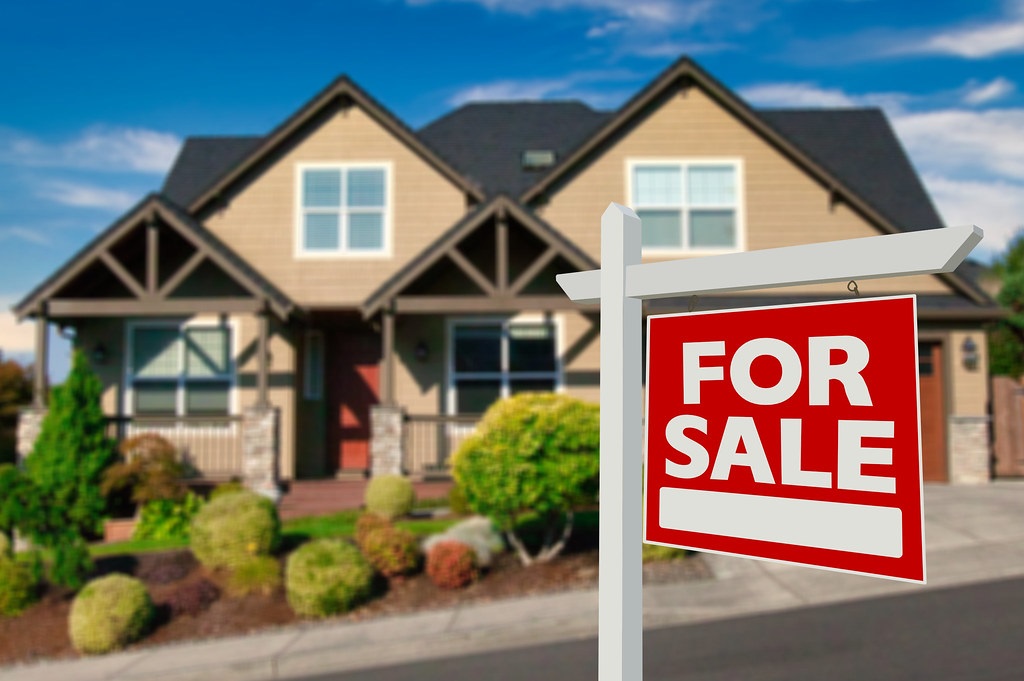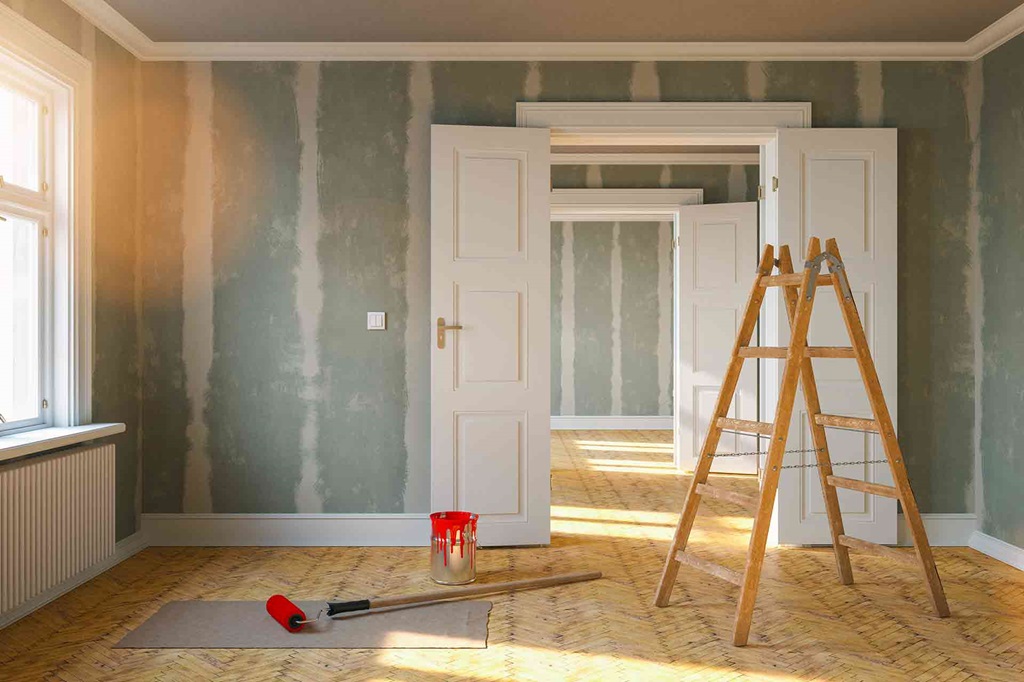Why Are Michigan Houses Cheap?

Protect your Park Home From Stormy Weather This Winter
December 23, 2023
Six Documents You Need When Selling Your Home
December 26, 2023If you’ve ever browsed real estate listings in Michigan, you may have noticed that housing prices seem surprisingly low compared to other parts of the country. A sprawling lakefront mansion can cost a fraction of what a tiny condo goes for in San Francisco or New York. So what gives with Michigan home prices? Why are michigan houses cheap?
As a Michigan native, I’ve seen the ups and downs of our state’s real estate market. And there are some solid reasons why you can snag houses here for a song compared to other places. In this article, we’ll explore why Michigan homes come with such affordable price tags – and whether or not they’ll stay that way.
Table of Contents
ToggleMichigan’s Struggling Economy Depresses Home Values
The key factor holding down Michigan home values? Our state’s sluggish economy. As the longtime heart of American automaking and manufacturing, Michigan relied too heavily on those smokestack industries. When U.S. automakers took hits and manufacturing declined, Michigan suffered greatly. Our state economy still hasn’t recovered to where it once was.
And that takes a toll on real estate prices. Simply put, fewer good-paying jobs means less demand for housing. And when demand drops, home values follow. Our stagnant economy makes it tough for prices to rise. That’s a key reason why Michigan homes stay so reasonably priced.
Rental Prices And Incomes Don’t Support High Home Costs
Along with soft demand, incomes and rents in Michigan just don’t support really high house prices. If average workers can only afford rents of $1,000 a month, home prices can’t rise too far past $150,000 or $200,000 without leaving many buyers behind.
And indeed, Michigan incomes and rents remain low compared to places like California and New York. So even though houses here seem dirt cheap to outsiders, they align with what typical Michigan residents can afford. Our state simply lacks the high-earning jobs that enable ultra-expensive real estate markets elsewhere.
Michigan’s Population Loss Depresses Prices Too
Sad but true – Michigan’s population has shrunk over the last 20 years. And again, less demand from fewer people looking to buy homes reduces upward price pressure. Areas like Detroit have lost residents the fastest, which depresses real estate markets despite great architecture and amenities.
While Michigan’s population may stabilize and even grow slightly in the future, we’re unlikely to see booming population growth anytime soon. So that loss of buyers over recent decades still hampers home values around the state. Less competition for houses here helps keep pricing affordable.
Where Are Michigan Home Prices Higher?
While Michigan home values generally lag the national average, prices do vary widely across the state. Areas like Metro Detroit offer suburban communities with good schools and amenities where prices hold up better. Trendy urban neighborhoods are heating up too.
We see a similar dynamic in places like Grand Rapids, Ann Arbor, Traverse City and Holland thanks to revitalized downtowns and tech job growth. College towns attract younger buyers too. So Michigan prices aren’t universally dirt cheap – just weaker overall than elsewhere thanks to economic trends.
Will Michigan Home Values Appreciate In The Future?
While Michigan home prices stay relatively low for now compared to other states, there are some signs prices could rise more strongly moving ahead. If economic initiatives and Rust Belt revitalization efforts gain traction, increased investment and job growth could drive up housing demand.
And baby boomers aging out of big suburban houses could free up family homes to Millennial buyers ready to nest as parents. Despite years of sluggishness, Metro Detroit now sees one of the nation’s strongest job growth rates – which lifts housing demand. If those positive patterns continue and accelerate, Michigan real estate could appreciate faster.
The Perks Of Cheap Michigan Houses
If you’re shopping for a home or investment property, rock-bottom Michigan prices translate into some great perks:
You Get Far More House For Your Money
When housing costs less, you can buy much more impressive properties. In many markets, $250,000 might get you a tiny fixer-upper or plain condo. But in Michigan, you may snag a sprawling custom colonial on an acre of land with a three-car garage. More amenities, more square footage, more wooded privacy – all for less money.
Great Time To Lock In Low Prices For The Long Term
Today’s deals on Michigan real estate could seem like absolute steals in a decade or two if economic initiatives spur faster growth. Buying now while prices stay depressed could position you to build up sizable home equity down the road. Locking in ultra-low mortgage rates helps too.
Strong Cash Flow Potential From Rentals
With home prices low but rents holding fairly steady around Michigan, investors can secure excellent cap rates. You’re more likely to find properties where pricing allows you to profitably rent them out. Healthy cash flow makes rentals here lower-risk and more profitable than in frothy coastal markets.
Enjoy Amenities And Lifestyle Of Pricier Markets For Less
Get this – you can often enjoy the same caliber of housing for a fraction of the cost in Michigan. Mansions on manicured grounds with lakeside views or luxury condos in hip urban districts. The state’s struggled economy leaves many high-end homes selling for bargain rates – letting you live large at a modest price point.
Customize And Renovate Affordable Properties
With plenty of grand old houses priced temptingly low in Michigan, you’ve got opportunities to customize a property to your tastes. Pricing allows ample budget to remodel kitchens and bathrooms, finish basements, install pools, and more while staying under your total budget in many areas. Creatively remaking an affordable house can be very gratifying.
FAQs
Why are there so many empty homes in Detroit?
The Detroit area saw enormous population loss over the last 50 years due to urban decay and the declining automotive industry. That left many once-majestic neighborhoods with vacant homes falling into abandonment and disrepair. Efforts to demolish dangerous vacant houses and reinvent blocks are ongoing.
Do Michigan home prices ever get expensive?
While the overall Michigan market remains affordable, certain luxury areas and trendy neighborhoods can get pricier. Think resort communities like Harbor Springs, Charlevoix or Saugatuck or upscale suburbs like Birmingham where trophy homes fetch seven figures. But most areas stay fairly low-cost.
Are Michigan property taxes higher or lower than other states?
As a percentage of home value, Michigan property taxes sit near the national average. But with lower house prices, the annual taxes you’ll pay in dollars is generally below average. Different jurisdictions tax at varying rates.
Does it cost more to heat, cool, and repair a cheap Michigan house?
While any building comes with upkeep costs, Michigan’s moderate climate reduces major HVAC bills compared to extreme weather states. And lower purchase prices make potential repair costs less daunting. Houses here are often well-insulated too.
Will rising Great Lakes water levels impact prices?
Experts don’t see flooding risks impacting most Michigan prices. But increased erosion could affect values for homes very close to shorelines. Stronger storm impacts could also spur more lakeshore owners to sell.
Michigan Home Prices Stay Low – But Opportunity Awaits
In the end, Michigan home values have languished behind other parts of America due to an economy still working to rebuild and diversify. Slow population growth and affordability barriers for typical residents further limit housing upside.
But with world-class natural assets, great architecture, revitalized urban cores and optimistic economic signs, market conditions could gradually strengthen. Savvy buyers who capitalize on today’s ultra-affordable prices could find themselves sitting on prime properties should that growth materialize.
So while much depends on Michigan’s economic future, the state’s currently cheap houses offer opportunities. Getting far more home for less money here can support an enviable lifestyle. If increased investment and job creation gain momentum, making strategic purchases now could really pay off later.






